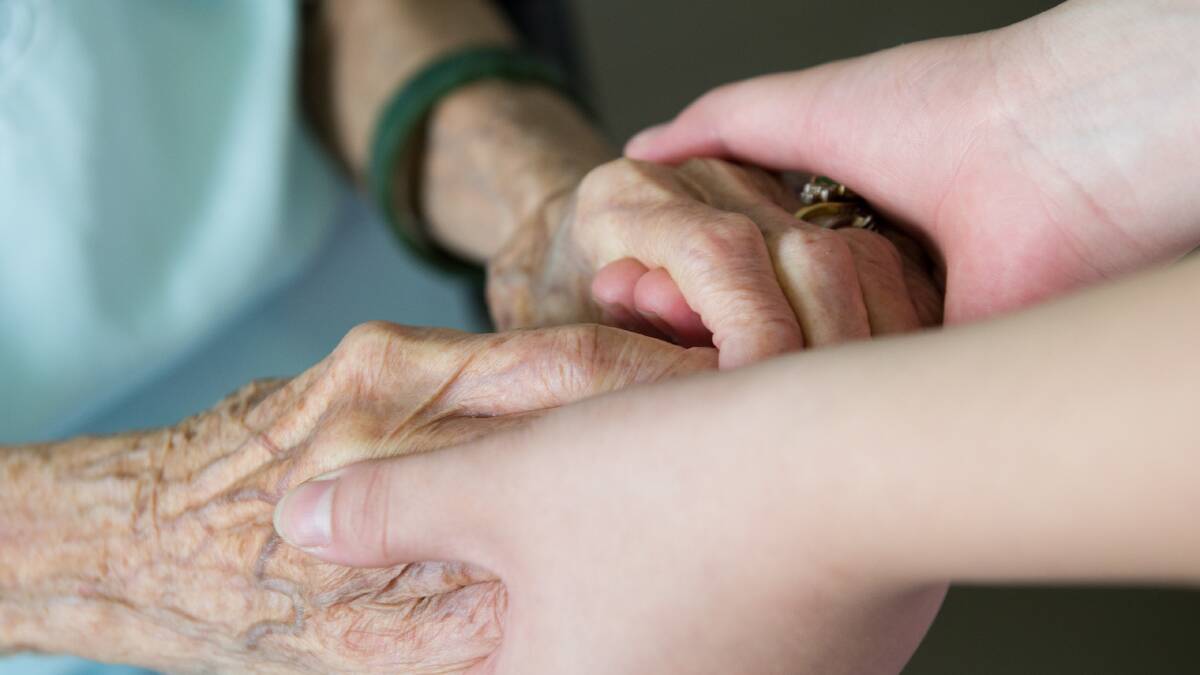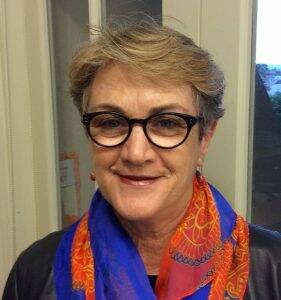
Changing our attitudes towards the value of older people in our communities is the starting point to keeping them in their homes and regional areas, according to the chief executive of a Perth elders rights organisation.
Continuing a series of articles focusing on aged care in the region, the Avon Valley and Wheatbelt Advocate spoke to AdvoCare chief executive Diedre Timms about the ways in which regional communities can provide for their ageing populations.
Ms Timms said while speaking at a Country Women's Association function in the Wheatbelt town of Tammin, she heard firsthand the concerns of the ageing in the region.
"What came out of that and what we hear a lot is how difficult it is to get services in regional and remote areas because the providers aren't there or the dollars don't stretch," she said.
The chief executive applauded moves by Regional Development Australia (RDA) Wheatbelt that has seen the not-for-profit work with aged care providers to develop models that enable older people to remain in their communities across regional WA.
"I was really impressed by the thinking behind RDA Wheatbelt director Mandy Walker," Ms Timms said.
"I grew up in the country and country people are remarkably resourceful because if something has to happen, they have to do it themselves.
"You really want your older people to stay in communities.
"They are a fantastic resource - they have all the old stories, they've got time to contribute and they really enhance the whole community.
"I think keeping people in the communities where they have grown up and want to be, where they are known and love, is a fantastic move."

Ms Timms said the key to keeping older people in their homes was firstly recognising the contribution they made in the local community.
"Don't diminish what an older person can actually do," she said.
"When a person gets to a particular age, someone else decides that they are old.
"This whole stereotype comes into play that the person is old and can't do certain things.
"Many people in their 80s are still working.
"There is this idea that all old people are in residential facilities - they're not, they're at home living very purposeful and meaningful lives.
"If we can do whatever it takes to keep that person in their home for as long as possible, there will be a significant contribution to community and the wellbeing of that older person will be maintained and enhanced.
"It doesn't take much - sometimes it might mean an hour of assistance in the home a week with a bit of cleaning.
"For me, it is about the actions we all take.
"Governments can do a certain amount, but it is about all of us taking responsibility and us all making sure older people are respected and engaged in communities."
Ms Timms said local governments also played a role in the aged care sphere, especially in regional areas.
"Aged care is a great jobs market for young people," she said.
"Looking after an older people will absolutely enhance your life - they've got so many stories to tell, their lives are absolutely fascinating because they have lived through so much.
"If local governments could support young people in getting those TAFE certificate qualifications so they can provide home care then when someone becomes eligible for services there is actually a resource in the local community that can provide it.
"RDA Wheatbelt is really on the money - lets do it locally, lets see what we need to do to provide these services locally.
"You really won't need much in terms of residential facilities because there are only very few people who go into them - most people will live out their time at home."
The not-for-profit is also funded to provide the WA Elder Abuse Helpline that can be contacted on 1300 724 679.
The Avon Valley and Wheatbelt Advocate will continue to explore the issues surrounding aged care in the region. If you have had experience with aged care services in the Wheatbelt and Avon Valley and want to be part of the series, contact Eliza Wynn at eliza.wynn@avonadvocate.com.au.


